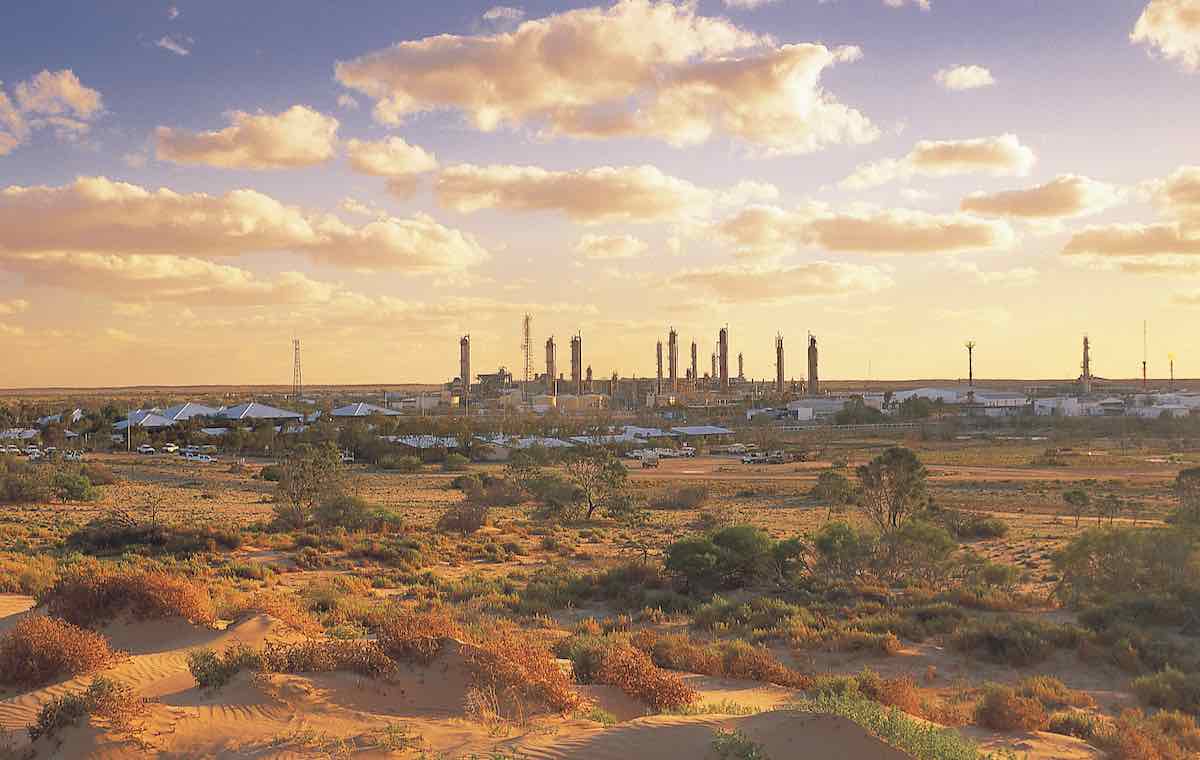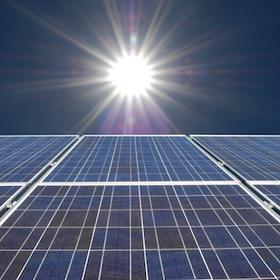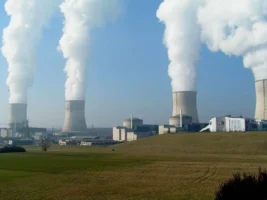Federal Resource Minister Madeleine King is correct to say, in her keynote speech delivered to the APPEA conference yesterday, that the path to net zero emissions does run through the Australian resources sector.
Not so her contention that “domestic gas needs will not be met through existing sources of supply”, that “more new investment in gas resources will be needed”, and that this will “support our [partners’] clean energy transformations”, and “contribute to decarbonisation”.
The idea that Australia can reach net zero emissions and help our trade partners reach net zero by investing in new fossil gas projects is in ludicrous contradiction of the climate science and the IEA position.
Developing new greenfield gas projects is 100 per cent the wrong answer.
Given all the rhetoric from Treasurer Jim Chalmers about the energy transformation-focused 2023 budget, this retrograde pandering to the tax-avoiding fossil fuel multinational gas cartel is almost as counterproductive as the “gas led recovery” brain-fart of the previous government.
Minister King claims “Australia’s future domestic gas needs will not be met through existing sources of supply.” This perspective only holds any credence if the Minister lets the foreign multinational gas cartel continue to starve domestic gas supply by prioritising their LNG exports and gouging Australian consumers on price.
Most nations require their energy producers to clearly serve domestic needs as the top priority, and export the residual. Successive Australian governments have taken this industry’s massive political donations and accepted the industry’s self-serving guidance and false promises of being good corporate citizens, an abrogation of this strategic priority, contrary to our national interest.
There would be a total surplus of domestic gas supply if only the gas industry electrified their Australian operations, recouping the 8.4% of all of Australia’s world leading gas production burnt by the gas industry itself.
Redirecting all of this to domestic customers would increase domestic supply by 40% relatively quickly with zero sovereign risk or contractual change to exports. Rystad modelled this very option in 2020 at vast taxpayer cost, but the previous government was blind to the energy security threat to Australia and ignored this option, to all of our cost.
Gas will play an important, but small and progressively diminishing role in the national electricity market (NEM). Gas powered electricity generation in the NEM has halved since 2014, and we forecast it will decline a further third by 2030 to just 4% of NEM power generation, down from 6.4% in CY2022.
The path to net zero is via our world-leading, economically transformative opportunity in critical minerals and energy transition materials, and exporting embodied decarbonisation by leveraging our world leading scale and low cost renewable energy resources to our trade partners by value-adding onshore pre-export, not in further developing polluting fossil fuels like methane gas.
Australia needs now, as a matter of urgency, to put all our efforts into driving investment into value adding critical minerals and zero emissions technologies. This is a once in a generation opportunity for massive new investment, employment and export growth as we pivot to industries of the future, away from our reliance on coal and gas as a leading petrostate of old, aligned with Russia and Saudi Arabia.
While last week’s Federal Budget made some headway on positioning Australia to benefit from the accelerating energy transition as a world leader in decarbonised exports and renewables, the $4bn in new funding committed falls far short of international developments such as the $US1 trillion Inflation Reduction Act that is establishing the US, alongside China, as the epicentre of the new global energy economy, attracting hundreds of billions in capital, and reindustralising and decarbonising the nation.
The world is racing ahead of us. Our partners’ and competitors’ gain is our loss.
We estimate that a patient national interest-oriented public investment of some $100 billion is required to crowd in some $200-300 billion of private superannuation capital needed to supercharge our transformation into a zero-emissions trade and investment leader.
Australia’s capital pool is limited. We need to fully focus on the main game, not waste management and capital on propping up high emissions industries that are predicated on being able to continue externalising their pollution costs onto the rest of the world.
We await Minister King’s National Critical Minerals Strategy. This key piece of policy architecture will be decisive in whether we scale up decisively and lead, or miss the boat. The latter would be an unforgivable intergenerational legacy of failure, made worse by this pandering to the largely foreign tax-haven fossil fuel multinationals and their APPEA lobbyists.
One key positive is that Minister King is not offering further massive taxpayer funded subsidies for carbon capture and storage (CCS) projects, and instead saying that the polluter must pay. We applaud this decision. Now we have the safeguard mechanism in place with legislated emissions reduction targets of substance, the rising price on carbon emissions for heavy emitters means they might well invest to prove if they can finally make CCS work commercially, like they have been claiming for decades, absent any credible proof or substance to support their mostly fact-free spin.
CEF estimates the gas cartel made $A65 billion gross profit last financial year using Australia’s public resources for their largely tax free foreign gain.
Jim Chalmers missed the golden opportunity to share in their windfall profits so as to cushion Australians from the resulting energy poverty this sector inflicted on us, and our domestic manufacturing industry. It should be required to carry the cost of its own carbon pollution.
Minister King also said that “the Budget introduced reforms to the PRRT that will build confidence that the Australian people are getting a fair share of the return from the resources they own,” and that the reforms “bring to a close” the review of this failed tax.
The far too-minimal tinkering with the PRRT in the budget is a massive missed opportunity and failure of fiscal ambition, merely pulling forward $2.4bn over 4 years – a pull forward, not an increase in tax liability. This represents a pitiful 1% increased share of their gross profits of 2022/23.
Good government demands that the reforms continue in earnest. There’s never been a better time to take a cold, hard look at the substandard gas tax and royalties regimes starving federal and state coffers of revenue, and Australians of the social dividend that should flow from the use of our finite sovereign resources by the multinational gas cartel, as it extracts and privatises profit.
CEF urges the Albanese government to read the National Audit Office report from 1996 and implement their recommendations, three decades late, but better than never!
Cap the diesel fuel subsidy at a still ridiculously generous $50 million per corporate per year and reorient this $4-5 billion per annum disincentive to decarbonise mining fleets towards building a heavy haulage electric vehicle manufacturing base to make Australian mining a decarbonisation leader, not global laggard.
Taxing the most profitable industry in Australia today at even a half-fair share of the 30% corporate tax rate all Australian domiciled public firms pay would provide much needed revenue to enable the government to commit public capital at the scale and the speed that the accelerating energy transition demands.
Political and policy courage and a dramatic upscaling of ambition is required if Australia is going to respond effectively to the threat, and opportunity, of the US Inflation Reduction Act.
Tim Buckley is the director of Climate Energy Finance








